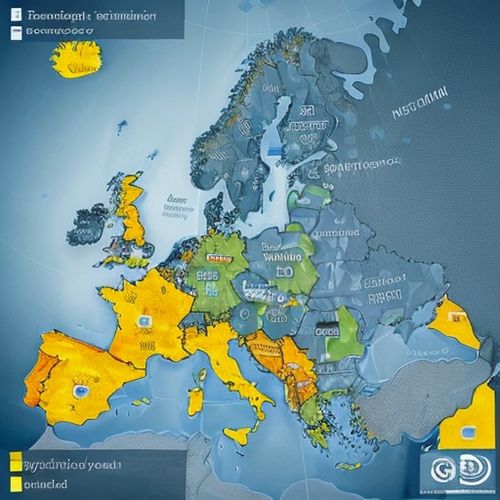In recent years, New Zealand has emerged as a fascinating case study in the evolving legal and cultural landscape of pet ownership. The country’s approach to pet custody disputes reflects a growing global trend: treating pets not merely as property but as sentient beings with emotional value. This shift has led to nuanced legal frameworks and societal attitudes that prioritize the well-being of animals during separations or divorces.
The traditional view of pets as chattel is increasingly being challenged in New Zealand courts. Judges are now more inclined to consider factors such as the emotional bonds between pets and their caregivers, the animal’s daily routine, and which party is better equipped to provide long-term care. This marks a significant departure from older legal precedents where pets were typically awarded to the person who purchased or adopted them, regardless of emotional attachments.
One notable case that garnered widespread attention involved a couple in Auckland who fought over custody of their adopted rescue dog, Max. The court’s decision to grant shared custody—with a detailed schedule for walks, vet visits, and even holiday arrangements—set a precedent for future disputes. This ruling underscored the idea that pets, much like children, can thrive when both parties remain actively involved in their lives.
Beyond the courtroom, New Zealand’s societal norms around pet ownership are also shifting. Many couples now include "pet-nup" clauses in their prenuptial agreements, outlining clear terms for pet custody in case of a breakup. These agreements often address financial responsibilities, visitation rights, and even contingency plans for unforeseen circumstances like international relocations.
The country’s animal welfare laws further reinforce this progressive stance. Under the Animal Welfare Act, owners are legally obligated to meet their pets’ physical, health, and behavioral needs. This extends to custody disputes, where judges may evaluate which party can better fulfill these obligations. For instance, a judge might favor a caregiver who works from home over someone with frequent business trips if it means the pet will experience less stress and loneliness.
Cultural attitudes in New Zealand play an equally important role. Kiwis are known for their deep connection to nature and animals, often treating pets as integral family members. This mindset influences everything from legislation to everyday conversations about responsible ownership. It’s not uncommon for neighbors or community groups to mediate minor pet-related conflicts before they escalate to legal proceedings.
However, challenges remain. The emotional complexity of pet custody cases can lead to protracted legal battles, with some arguing that the system risks becoming as adversarial as child custody disputes. Critics also point out that not all pet owners have equal access to legal resources, potentially creating disparities in outcomes. Yet, proponents counter that these growing pains are inevitable as society recalibrates its understanding of pets’ roles in our lives.
Looking ahead, New Zealand’s approach may serve as a blueprint for other nations grappling with similar issues. As the global conversation around animal rights advances, the intersection of law, emotion, and ethics in pet custody will likely continue to evolve—with New Zealand at the forefront of this quiet but profound revolution.

By Eric Ward/Apr 19, 2025

By Sophia Lewis/Apr 19, 2025

By George Bailey/Apr 19, 2025

By George Bailey/Apr 19, 2025

By Grace Cox/Apr 19, 2025

By Natalie Campbell/Apr 19, 2025

By Sarah Davis/Apr 19, 2025

By Michael Brown/Apr 19, 2025

By George Bailey/Apr 19, 2025

By Victoria Gonzalez/Apr 19, 2025

By Christopher Harris/Apr 19, 2025

By Natalie Campbell/Apr 19, 2025

By Sophia Lewis/Apr 19, 2025

By James Moore/Apr 19, 2025

By Natalie Campbell/Apr 19, 2025

By Emily Johnson/Apr 19, 2025

By James Moore/Apr 19, 2025

By Amanda Phillips/Apr 19, 2025

By Emily Johnson/Apr 19, 2025

By Noah Bell/Apr 19, 2025